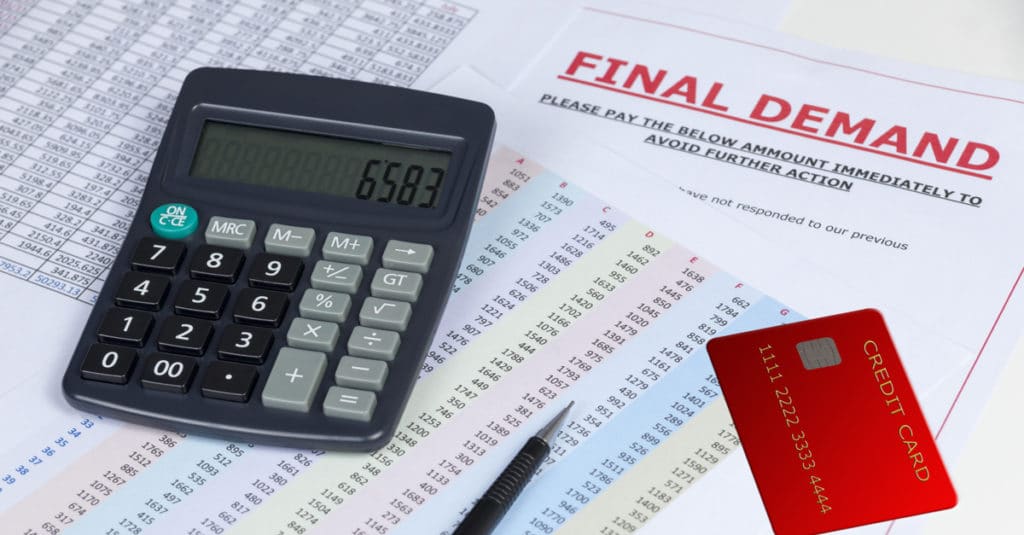The Ultimate Guide to Debt Management: Tips for a Debt-Free Future
Debt can feel overwhelming, especially when it seems like there's no clear way out. However, with the right approach and mindset, you can manage your debt effectively and work toward achieving a debt-free future. Whether you're struggling with credit card debt, student loans, or personal loans, this ultimate guide to debt management offers practical tips to help you take control of your finances.
1. Understand Your Debt
The first step in managing your debt is to fully understand it. Take a detailed look at all of your debts, including the amount owed, the interest rates, and the monthly payments. Create a list of each debt and organize them by type, balance, interest rate, and due date. This will give you a clear picture of your financial obligations and help you prioritize.
2. Create a Realistic Budget
A solid budget is the foundation of any successful debt management plan. Start by tracking your monthly income and expenses. Identify areas where you can cut back or eliminate unnecessary spending, such as dining out or subscriptions you no longer use. Use the extra funds to pay down your debt more quickly.
3. Prioritize High-Interest Debt
When paying off multiple debts, it’s generally a good idea to focus on high-interest debts first. These are the debts that cost you the most money over time. By paying off high-interest debts faster, you reduce the total amount of interest you pay, which can speed up your journey to a debt-free life.
4. Use the Debt Snowball or Debt Avalanche Method
There are two common strategies for paying off debt: the Debt Snowball and the Debt Avalanche.
- Debt Snowball Method: Focus on paying off the smallest debt first, regardless of the interest rate. Once that debt is paid off, move on to the next smallest debt. This approach provides quick wins and can help you stay motivated.
- Debt Avalanche Method: Focus on paying off the highest-interest debt first. While this method may take longer to see progress, it saves you more money in interest in the long run.
Choose the strategy that fits your personality and financial situation.
5. Consolidate Your Debt
If you have multiple debts with varying interest rates and payment dates, consolidating them into a single loan can simplify your debt management. Debt consolidation can lower your interest rate and reduce the number of payments you need to manage, making it easier to stay on top of your payments. Consider consolidating high-interest debts like credit cards into a personal loan with a lower interest rate.
6. Negotiate with Creditors
If you're struggling to keep up with payments, don't be afraid to reach out to your creditors. Many creditors are willing to work with you by lowering interest rates, offering deferred payments, or setting up a more manageable repayment plan. Communication is key, and it can make a significant difference in your ability to pay off your debt.
7. Consider Professional Help
If you're overwhelmed by debt and unsure where to start, seeking professional help may be a wise decision. Financial counselors or credit repair agencies can offer expert advice and may help you negotiate with creditors or consolidate your debts. Be cautious when choosing a professional, as there are some predatory companies that charge high fees or make unrealistic promises.
8. Avoid Accumulating More Debt
Once you start your debt repayment journey, it’s important not to accumulate more debt. Cut back on unnecessary expenses, avoid using credit cards for purchases you can't afford, and build an emergency fund to cover unexpected expenses. Developing these healthy financial habits will keep you from falling back into debt.
9. Build an Emergency Fund
An emergency fund is essential for protecting yourself from future financial setbacks. Set aside a small percentage of your income each month to build a fund that can cover unexpected expenses, like medical bills or car repairs. Having an emergency fund can help you avoid taking on more debt when the unexpected happens.
10. Celebrate Your Progress
Debt repayment can be a long and challenging process, but it’s important to celebrate your progress along the way. Whether you’re paying off a small debt or achieving a major milestone, take time to recognize your hard work. Positive reinforcement will keep you motivated and on track to become debt-free.
11. Stay Consistent and Be Patient
Achieving a debt-free future takes time, and it’s important to stay patient and committed. Avoid the temptation of quick fixes or shortcuts. By sticking to your plan, being consistent with your payments, and adjusting when necessary, you’ll make steady progress toward financial freedom.
Conclusion
Debt management is a marathon, not a sprint. With the right strategies and discipline, you can pay down your debt and build a secure financial future. Whether you use the Debt Snowball or Debt Avalanche method, consolidate your debts, or seek professional help, taking control of your finances today will lead to a debt-free tomorrow. Stay committed, stay focused, and remember that financial freedom is within reach.
By following these tips and adopting smart financial habits, you’ll be on your way to a debt-free life and a brighter financial future.
